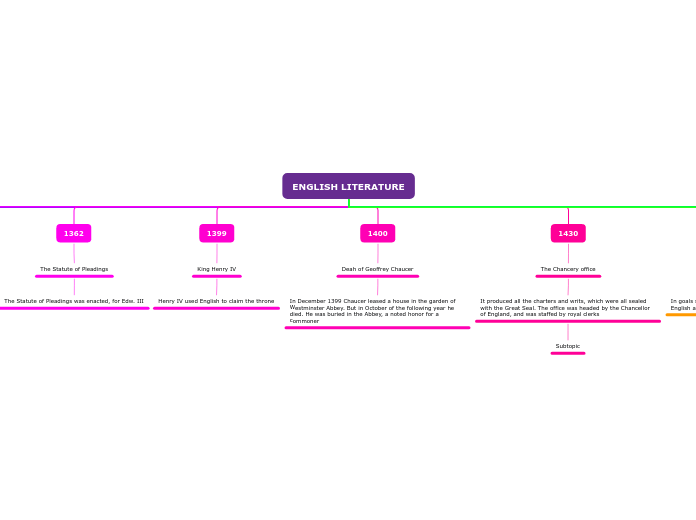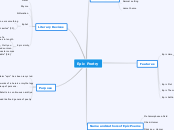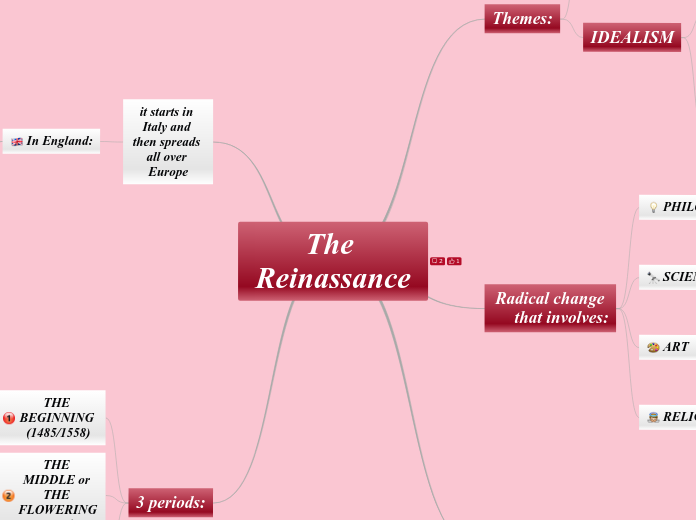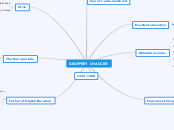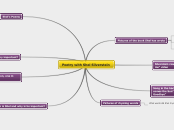par Katty Alvear Il y a 3 années
178
ENGLISH LITERATURE
The introduction of printing to England by William Caxton in 1476 marks a pivotal moment in English literature, facilitating broader dissemination of texts. The Chancery office, responsible for producing and sealing official documents, played a crucial role in administrative history.
